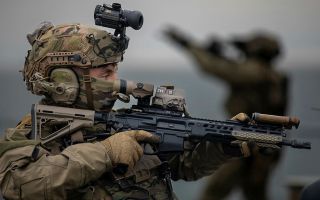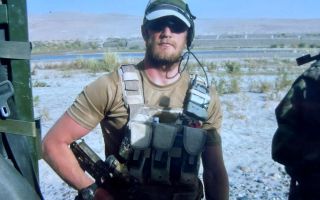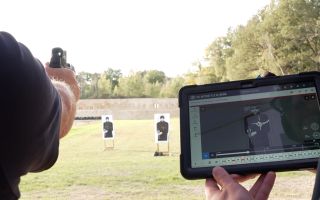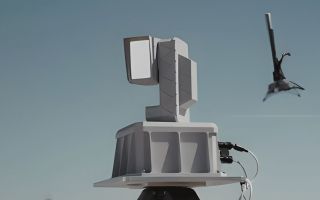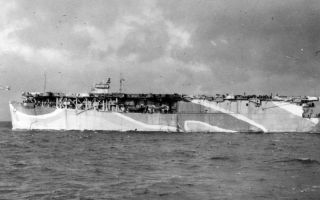Tri-Service
Ex-Soldier's Account Of Cheryl James Death Questioned
A former soldier has been accused of trying to "make himself look more efficient" in his account of the death of Private Cheryl James at Deepcut Barracks.
The 18-year-old recruit was discovered with a fatal bullet wound on November 27 1995 - one of four young soldiers to die at the training camp in Surrey over a seven-year period.
Neil Vousden, a member of the regimental police at the camp, was questioned about whether there were inconsistencies between his account and other evidence.
He was accused of being inaccurate about whether he drove Pte James to her post, if reports that the gate was unmanned were ignored and how long it took to find her body.
Alison Foster QC, representing the James family, accused him of giving an untrue account to make himself "look more efficient".
She said other witnesses reported Pte James had walked to her post, rather than being driven by Mr Vousden.
She also questioned him about why the log of her final duty "CJ stag" was missing. She asked:
"There's nothing about 'CJ stag' in these papers, it's difficult to avoid the conclusion that it was destroyed. Did you have anything to do with that?"
"No," he replied.
Ms Foster said his account of what happened was "an account that recorded what you ought to have done and what ought to have happened".
"It wasn't an account of what actually happened on the day of Cheryl's death was it?"
Mr Vousden repeatedly denied the accusation and insisted he was telling the truth.
"Were you trying to look more efficient?" she asked.
"No," Mr Vousden answered.
"Were you trying to suggest it took some time to find Cheryl so that the guardroom looked more efficient about complaints of her absence?" Ms Foster continued.
"No," he replied.
"We are trying to find out what happened 20 years ago, I'm not seeking to blame you... this is your chance to tell Mr James what happened," said Ms Foster.
"The evidence seems to suggest there were a number of calls to the guardroom which were ignored. That's the truth isn't it?"
"No," Mr Vousden said.
Mr Vousden told the inquest at Surrey Coroners Court in Woking that he had selected Pte James to man the gate that morning because she was "a very responsible young lady" and that she had not volunteered for the role.
"You could trust her to do the job," he added.
He insisted he was not aware of orders in force at the time that female soldiers should not do lone guard duty.
Mr Vousden said he drove Pte James to the gate, performed a radio check, left her at around 6.55am and returned to the guardroom.
He said he returned at around 8.20am a "couple of minutes" after it was reported the gate was unattended.
Mr Vousden told the inquest that he and another colleague Tyron Bancroft were the first to find Pte James's body.
Mr Bancroft said Pte James seemed her usual "happy and bubbly" self when he spoke to her at the gate on his way into the camp.
Paramedic Nigel Roberts said he received a call at around 8.50am reporting a "shooting, query suicide" at the army camp in Surrey.
"It would have been information given to us, it wouldn't have been an assumption made by us at the time," he added.
Mr Roberts said he was led to Pte James who was lying in the woods near the gate.
"She was lying completely on her right side with her knees drawn up and hands out in front of her," he added.
"She had such luxurious brown hair and it was so sad to see her lying there like that."
It comes after the inquest heard that female recruits at Deepcut barracks were told to "keep their mouths shut" after Private James' body was found.
The inquest has previously heard claims that Pte James was ordered to have sex with another recruit the night before she died, which the soldier in question denied.
It admitted that officers saw new recruits as a sexual challenge at Deepcut, with the inquest also being told that trainees there were left "running around" taking illegal drugs and drinking while underage.
The inquest will continue at 10am on Wednesday.
Cover photo courtesy of Ministry of Defence Police.

